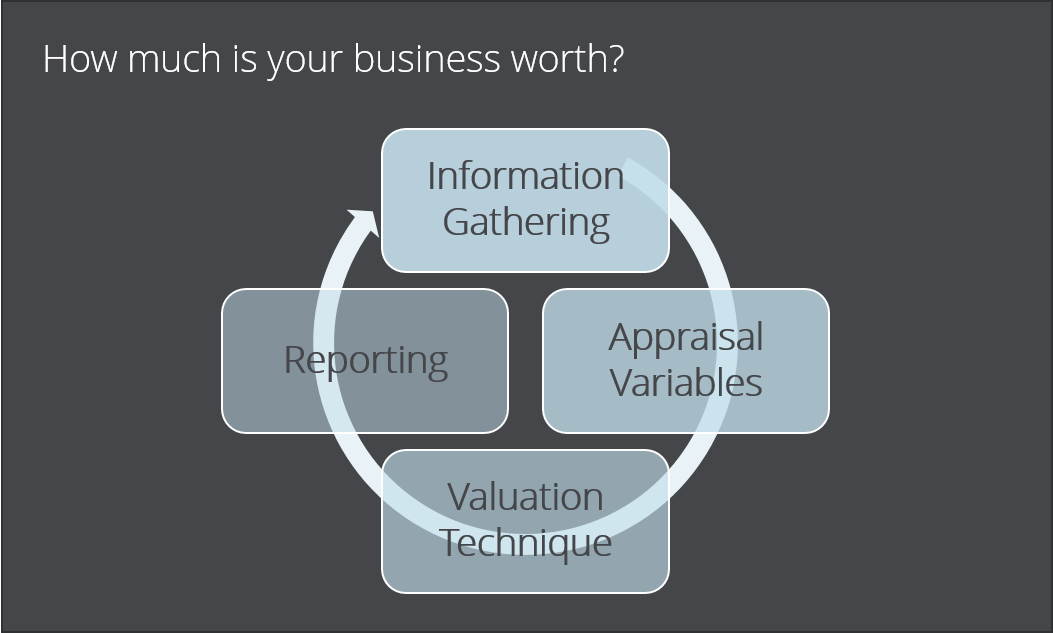plan your endgame
Explore what’s involved in creating a succession plan for your business.
Consider:
- Who will take over your business some day? Members of your family; a partner or key manager; an outside entity?
- How do you want to transfer the business? As a gift to family members, sell it, or some other strategy?
- Do you want a future role in the business or any ongoing benefits?
How to plan your endgame
- Start early and allow five years or more.
- Deal with family expectations.
- Groom a successor.
- Write a succession plan that includes who will take over, the method of transfer, and your future role.
If you want a future role in your business, determine how you will ensure that your successors don’t dismantle or disband the business after the deal is done.
There are a variety of transition or exit strategies you might consider. As you compare them, it’s crucial to consult with your legal and tax advisors.
have a professional evaluation
Discover a way to determine how much your business is worth.
When it comes time to transition your business, ask yourself the fundamental question: “How much is my business worth?”
To answer accurately, you may need a professional valuation to get a documented statement of your company’s worth. Each business is different and every valuation is somewhat unique.

A professional in business valuation will examine everything from your company’s management team and financial performance, to its competition and prospects. The report will explain the valuation technique used, any assumptions made, and how they reached their conclusions.


